List of Services
What kinds of services will Community Pathways help me access, plan, and monitor?
To be eligible for brokerage support services, you must meet Oregon's level of care requirements as a person with an intellectual and/or developmental disability and have an assessed need for service. Learn more about eligibility and funding.
Important: brokerage personal agents (PAs) do not directly deliver these services to the individuals on their caseload. PAs help the individuals they serve to access, plan, and monitor the support providers and services they need and want. Learn more about enrolling providers (agency or personal support worker) who can provide direct support to you in your home and out in the community.
1:1 Attendant care is a one-on-one service to help you participate in activities that take place in your home and community. Services can help you with the activities of daily living (ADL/iADL), as well as health and safety, recreation, activities, and hobbies you enjoy.
Attendant care - community is a service to help you participate in your community with a group of other people who need supports. It can be a good way to meet other people who share your interests and to get the most out of your support services funds.
Attendant care - facility are programs that have social and recreational activities in one location, with support.
ADL/iADL skills training services help you to learn skills to live independently in your own home or your family home. Supports could include cleaning, cooking, personal care, etc.
Non-medical transportation is available for people who need to use public transit or other transportation to get around. This could be bus rides, a taxi or transportation supports from a provider.
Relief care is used to ensure you have continued support when your primary caregiver needs some time off. Relief care is offered in daily 24-hour increments.
Behavior support is available to those who engage in behaviors that interfere with daily living and have a severe impact on someone’s quality of life.
Home modifications are changes to your home to help you live more independently and safely.
Vehicle modifications are changes made to your car to help you be able to access your community more independently and safely.
Assistive technology are items that assist an individual with reminders and alerts for ADL and iADL supports.
Personal emergency response systems assist you in getting help in an emergency. They are a great way for people to be independent at home and in the community, but still get help when they need it.
*Vocational rehabilitation needs to be accessed initially for the following supports, except for Discovery.
Employment path services is a time limited service that allows individuals to gain valuable work experience or work skills with the purpose of gaining integrated and competitive employment.
Job development can help you find the job that is right for you based on what you are good at and what interests you.
Job coaching can help you keep your job. A job coach helps you talk to your boss, learn new things at work, figure out easier and faster ways to complete job duties, better manage a work schedule, and stay focused.
Discovery is an interactive process in which you can invite your family, friends, and support team to join you in meetings to brainstorm and develop a profile that highlights your employment related strengths and skills, identifies supports and accommodations needed to work, and pinpoints specific jobs and careers that exist in the community related to your interests. Discovery can also include informational interviews, job-shadowing, and career exploration. The end product of discovery is a “profile,” all about you, that you can bring to Vocational Rehabilitation or future employers.
For a comprehensive list of services, their explanations, and rates, see the In-home expenditure guidelines.
